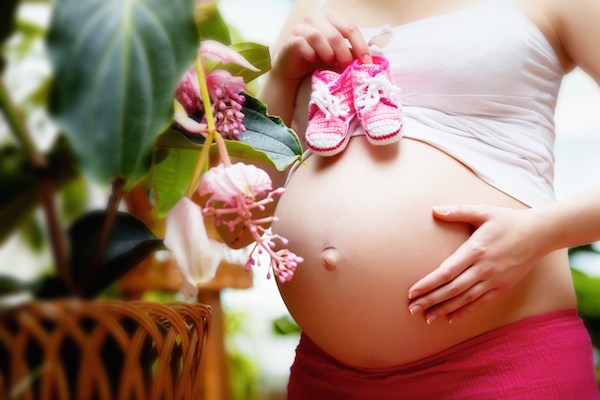.jpg)
MONDAY, April 29 (HealthDay News) — Children living in the United States who were born elsewhere are less likely to have allergies than those born in the United States, a new study shows.
However, the risk of certain allergies among foreign-born children increases after they have lived in the United States for a decade, according to the researchers.
For the study, published online April 29 in the journal JAMA Pediatrics, they examined data from more than 91,600 children under the age of 18 who took part in the 2007-08 National Survey of Children’s Health. The analysis revealed that children born outside the country were significantly less likely to have allergies, including asthma, eczema, hay fever and food allergies.
The researchers also found that foreign-born children whose parents were also born outside the United States were much less likely to have allergies than those whose parents were born in the United States.
“Foreign-born Americans have significantly lower risk of allergic disease than U.S.-born Americans,” wrote Dr. Jonathan Silverberg, of St. Luke’s-Roosevelt Hospital Center in New York, and colleagues. “However, foreign-born Americans develop increased risk for allergic disease with prolonged residence in the United States,” he added in a journal news release.
Among children born outside the United States, those who had lived in the United States for more than 10 years were much more likely than those who had lived in the United States for two years or less to have allergies such as hay fever and eczema, but not asthma or food allergies.
More information
The Nemours Foundation has more about children and allergies.

